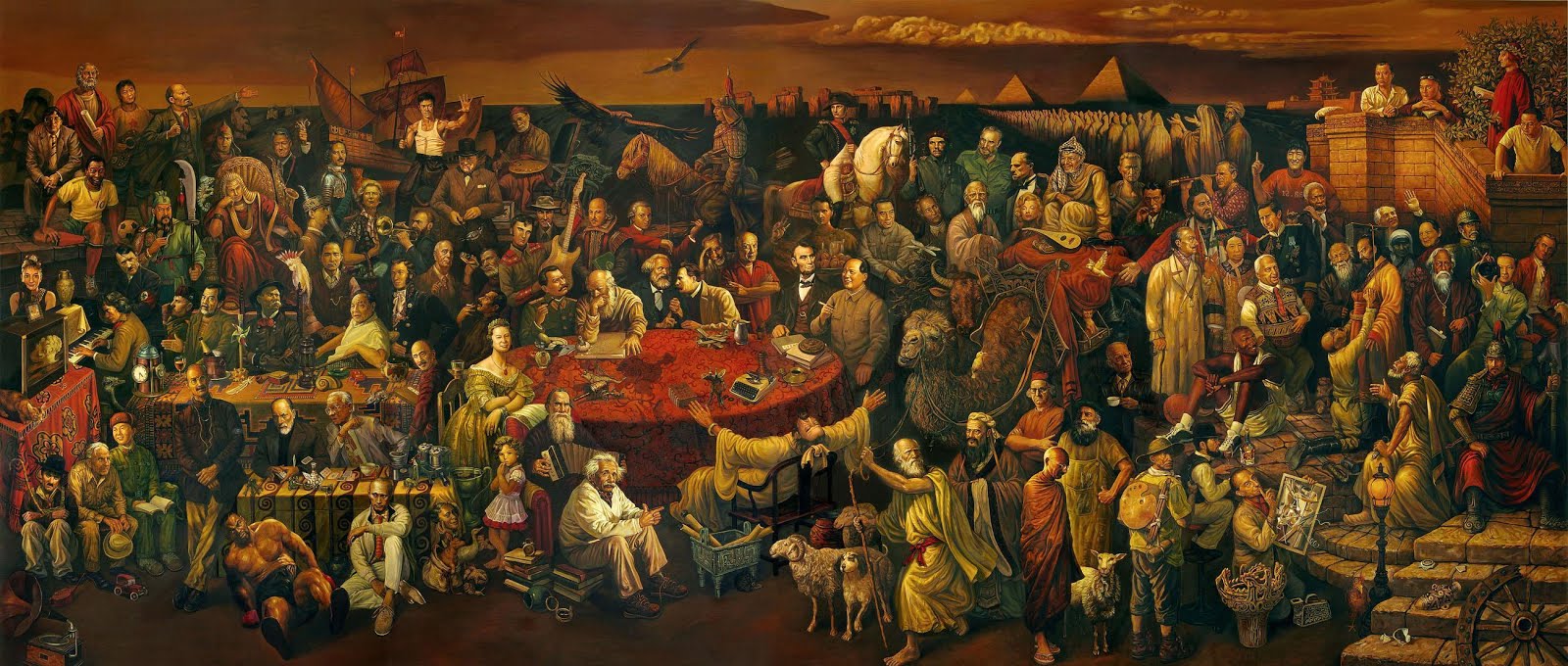Reflections on Interest Groups Today we are looking at Mancur Olson, The Logic of Collective Action: Public Goods and the Theory of Groups written in 1965. We are specifically looking at chapter 2 and chapter 3 of this book. Chapter II- The chapter starts off by explaining the benefits of small groups vs large groups and is then backed by research. Small groups reach decisions quickly and are more decisive while large groups have a broader range of points of view and different reactions. The writer advocates for smaller groups for its superiority in getting things done compared to larger groups. The writer then highlights the issues large corporations have with many stockholders vs. corporations with very few stockholders. The writer then makes a distinction that they believe is lacking in identifying the types of small groups privileged, intermediate, and latent. Privileged groups have to resolve the issues of the majority which will probably be resolved regardless of what action
Reflections on the Judiciary Today we are looking at eight landmark cases in our judicial system, Marbury v. Madison (1803), Swift & Co. v. The United States (1906), Schenk v. The U.S. (1919), Brown v. Board of Ed. (1954), Loving v. Virginia (1967), Roe v. Wade (1973), Buckley v. Valeo (1976), and Gonzales v. Raich (2005). I believe the best way to look at these cases is first to look at the historical context, then the actual case and the impact the decision had on the country. Marbury v. Madison (1803)- William Marbury was a judge that was supposed to be commissioned as a federal judge but during the transition into Jefferson's presidency, he did not receive his commission. The document was signed by the previous attorney general and handed over to the incoming attorney general to formally deliver the document, however, Jefferson was against Marbury's commission and ordered his attorney general James Madison that the document not be delivered. Marbury sued to argue th
